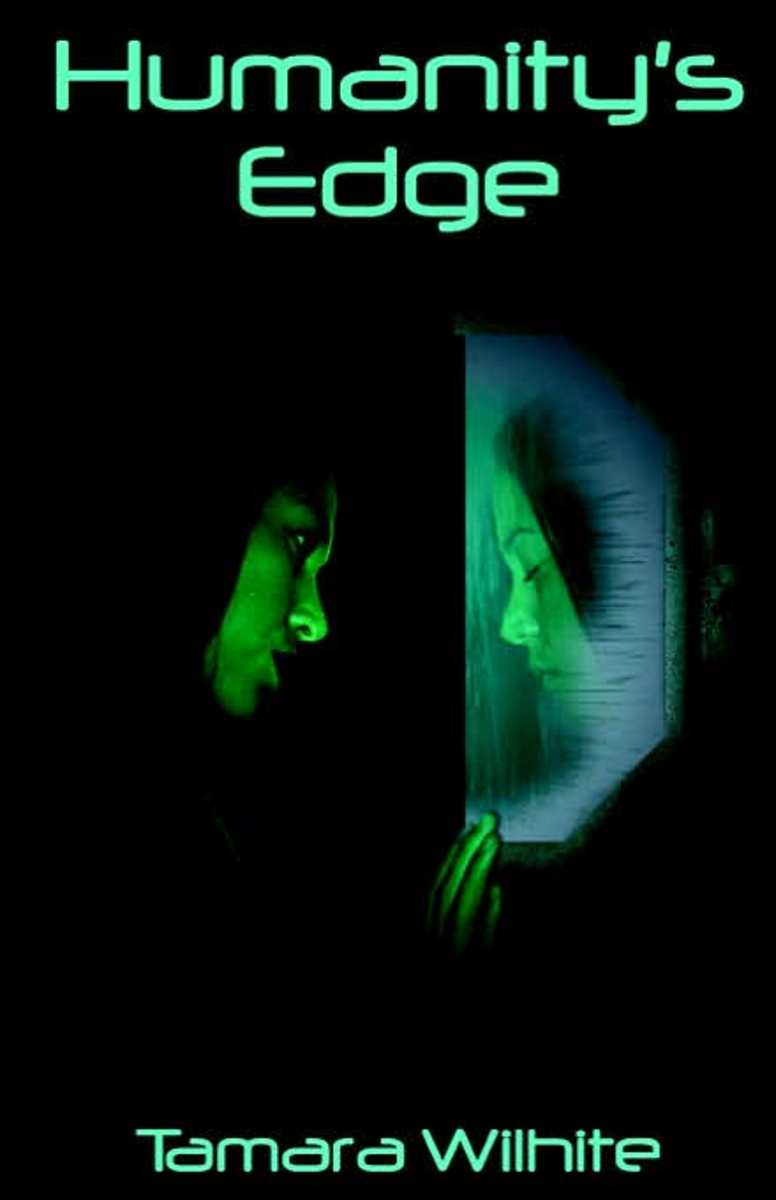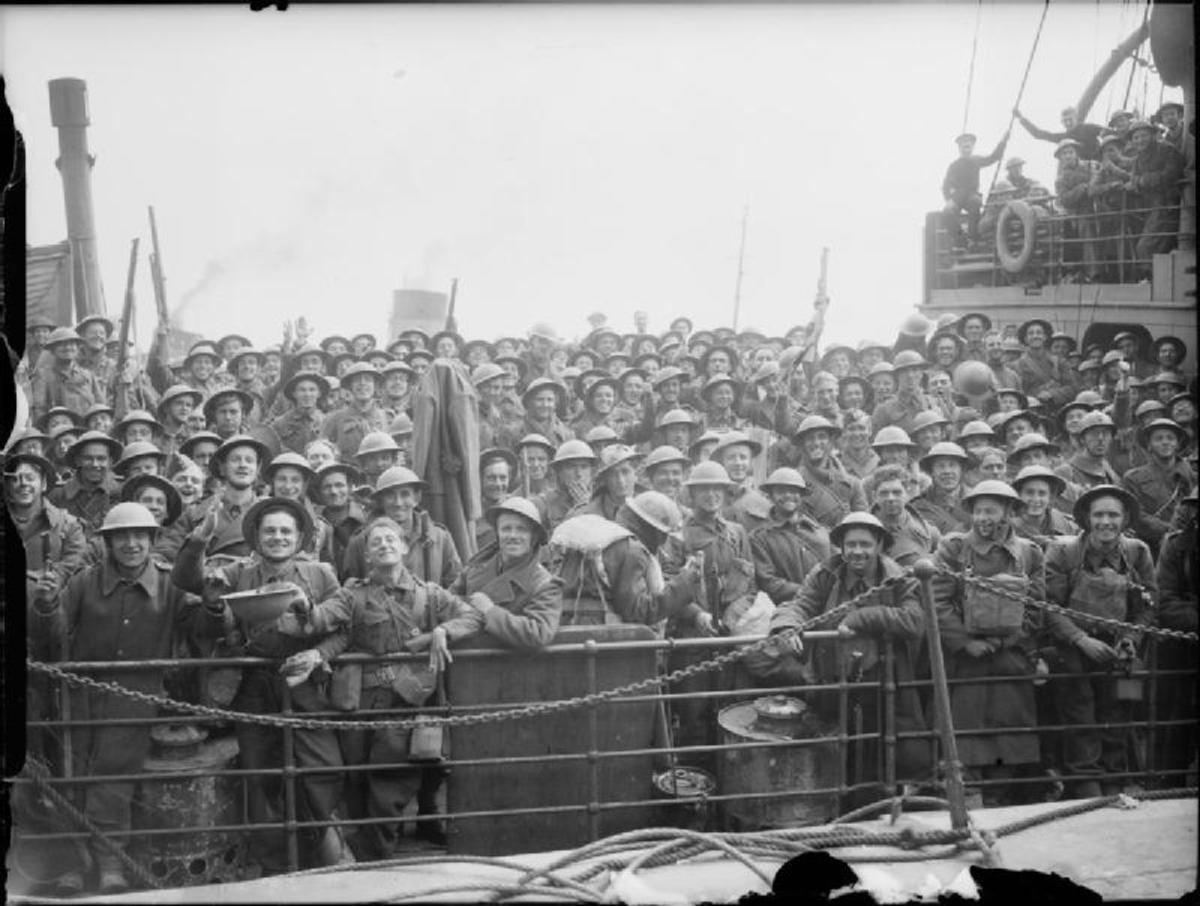- HubPages»
- Books, Literature, and Writing»
- Commercial & Creative Writing»
- Creative Writing
The Sun Never Rises: Chapter Nine
The Trip Continues
“I think we need this trip, Max. We need to scrub off the past so that, by the time we get out west, we’ll be clean of it all and ready for the new. We’ve both got some shadows following us, and we need to get rid of them so we can stand in a new sunshine and make new memories. That’s what this trip means to me, soldier, a new beginning, and I don’t want to shorten it before its time. Does that make any sense?”
The words of Katie, to Max, as they introduced themselves to Kansas City, Missouri, in the last installment of “The Sun Never Rises.”
Strap on your walking shoes and join them as they continue to move west, answering a calling only they can hear.
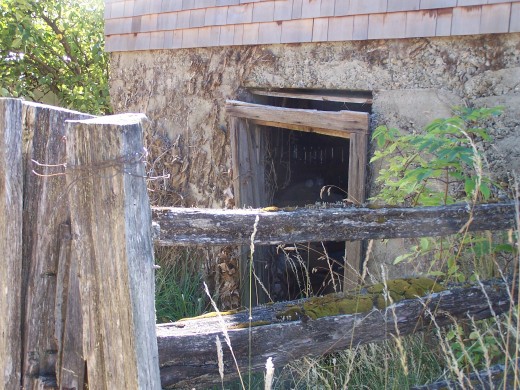
Observations from the Road
The hardest part about being homeless? The truth? Can you handle it? It’s not the hunger. It’s not the nights sleeping out in the elements, or the lack of money or not knowing if you’ll survive the next day. The hardest part about being homeless is the fact that you become invisible. There can be people all around you, and I’m talking about thousands, and they do not see you. You no longer exist in the eyes of average citizens, and that kind of invisibility gives birth to a loneliness that eats at your soul.
Katie and I know all about loneliness.
We spent a night at the Union Gospel Mission in K.C. and struck out west at new light, a brighter shade of gray stretching out over the prairie, the Missouri River at our flanks, a treeless horizon welcoming us as we took one step, then another, then another. Weather on the Great Plains is a fickle bitch in the winter, the day we arrived in K.C. approaching forty, the day we left closing in on fifteen, and the wind, Lord Almighty, the wind goes through you like you don’t even exist, like you’re made of lace, hitting you from all four directions at once.
We followed the I-70, an asphalt ribbon cutting through the Heartland, access roads following it most of the way, heading for Lawrence, then Topeka, cattle towns and hay towns, wheat towns and rye towns, grains down to stubble in December, no amber waves as we pass them, nothing but bleakness.
A horn honks, makes my heart skip a beat, visions of an I.E.D. in Afghanistan, too close for comfort, diving for cover, Katie puts her small hand on my arm to help me up.
“Our battle is with what’s in front of us, Max, not behind us,” she tells me, and I’ve got a strong desire to see that truth.
There are some things we’re just not in control of, and every mother’s son can tell you that from experience, the strongest chew-spitting sonofabitch can be brought to his knees by something so damned insignificant and meaningless, like that horn, or a child laughing, taking me back to a village, kids playing football, dust swirling everywhere, laughter replaced by the screams of the torn-asunder, the village looking like the surface of the moon after the missile hits.
Katie understands. When you’ve been pawed over in a sweaty embrace for enough money to survive, when you’ve sold another small piece of your soul for the privilege to keep breathing well, it does something to you, places a tattoo on your psyche, and that tattoo says “I’m one of the wounded, the dead of spirit,” a variation of the Hawthorne letter for all to see.
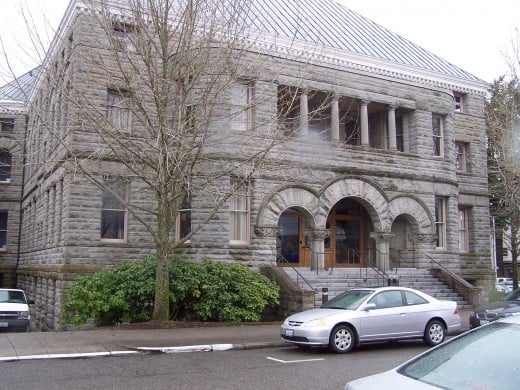
Getting to Know Each Other Better
“Is he still alive, Katie?” I ask her as we pass a sprawling farm, hundreds of acres looking dead to the world, the life-giving nutrients hidden from view but still, doing their job as the sleet batters the surface.
She knows who I’m talking about, which worthless scum I’m referring to, the scum who stole away everything a child holds dear a long time ago, her bedroom forever scarred, her innocence forever snatched from her grasp. She’s silent a long time, a good many steps on the journey, and the cold stops her tears from making it halfway down her cheeks.
“He left my mother, I’m told, married another woman, a new household with two new young girls, that was the last I heard, Max, but that’s been a long time ago now, back in Albany, not sure he’s still there or even alive now.” And the tears began again, fresh, washing the past away, for the time being, a deluge of guilt and shame flowing with them.
Our battle’s with what’s in front of us . . . maybe, maybe not, I think . . . but I do not say it. I just put her hand in mine and move forward, the steel-wool sky pushing down on us once more.
“Will we ever see the sun again, Max?” she asks, and I know she isn’t talking about the weather.
Welcome to Topeka
Topeka offers us a clinic, a chance to bandage up, get checked over, told we’re in reasonably good health for our lifestyle, no blame attached, just a clinical assessment from some doctor doesn’t look old enough to drink legally. Topeka also offers us a night in the local mission, Angel of Hope, a name meant to comfort, run by the Dominican nuns, Sister Mary Francis in charge, a tiny woman but a dust-devil of activity. She mothers over Katie, continually pats my arm, her smoky-gray eyes somehow transferring the warmth of spirit to me, clucking about like a mother hen, words of reassurance desperately needed by any road-warrior who makes it inside her domain.
“Five-hundred miles to Denver,” she tells us, “five-hundred miles of flat, bleak landscape, but God must have had a reason, don’t you know, and who am I to question the Lord?” And she smiled, patted my arm again, and somehow made it all seem perfectly doable.
“Now you’re a big, strong man, Max, and we have some work needs doing here at Angel of Hope, so you leave Katie to me, go out back to the tool shed, pick up what you need, and get to fixing that hole in the wall over there,” and she pointed at a good-sized hole, about a foot in diameter, just to the right of the exit door. “And when you’re done with that there’s another ten, twenty, one-hundred jobs needs doing, and two days from now Sister Agnes will be driving into Denver to pick up Archbishop Baker and she’ll give you a ride that far.”
I looked at Katie and she nodded assent. Smiled at me. Made me feel like maybe, just maybe, those battles of the past could somehow be laid to rest with so many of my comrades.
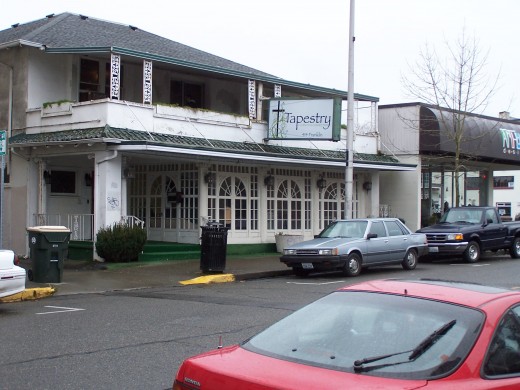
Honest Labor
My old man is a fix-it kind of guy, meticulous tool area inside the garage, every item having a peg, hanging all neat and polished in rows, comforting place to hang out as a kid, marveling at the names, their purpose, knowing, as my dad often told me, that tools in the hands of a craftsman were instruments of beauty. His hands were always calloused, always rough, but I loved those hands when I was growing up, ruffling my hair, picking me up, and hugging me to his chest.
I grabbed what I needed from the Angel’s tool shed, not neat but functional, and set about fixing that hole, remembering my dad’s advice . . . finding comfort in that advice . . . “measure twice, cut once, and then stand back and admire your work, Max my boy,” and suddenly I wanted so badly to be that little boy again and feel those strong hands holding me close.
Five-hundred to Denver, another thousand to Seattle, fifteen-hundred miles through the Rockies, dead of winter, the thought of winter in the mountains can shrivel a man, make him mew for his mommy, test his determination, and as I cut and hammered I thought of the homesteaders, the Oregon Trail emigrants, making the same trek, not knowing if they’d make it, praying each night for the strength, and again I thought of my dad’s words, “the grain of the wood is true, Max, you can trust in it,” and I knew with certainty he wasn’t just talking about carpentry.
The War Ahead
I was looking out the window to the west, the hole fixed, when Katie brought me a sandwich.
“Five-hundred miles to the Rockies, Katie, and another thousand to Seattle.”
“And then we’ll find sunshine, Max?” she said as she put her hand on my shoulder.
I thought about my dad and the grain of wood, his trust in it, and his steadfast belief in his abilities.
“I’m beginning to think it’s possible, Katie. Our grains are true. We just have to trust in them.”
2016 William D. Holland (aka billybuc) #greatestunknownauthor









